
RUUTE Community Engagement Experience (CEE)
The RUUTE Community Engagement Experience (CEE) familiarizes students with identifying community health needs and creating intervention(s) to address that need. Students will become immersed in the community for 4 weeks during the spring of Phase 3 via clinical time and community service. By completing this experience in a rural area, students will develop a well-rounded understanding of differences in health systems. CEE also creates mutually beneficial relationships with rural communities. Overall, CEE is a robust learning opportunity for students that fosters foundational, experiential, and interdisciplinary learning in varied cultural, geographic, and socioeconomic settings and we hope it will be highly valued in students’ growth as a healthcare professional.
If you are a SFESOM medical student interested in participating in CEE, please email Randy.Hansen@hsc.utah.edu
Time commitment for Students: 4 consecutive Weeks
CEE
Past CEE Participants
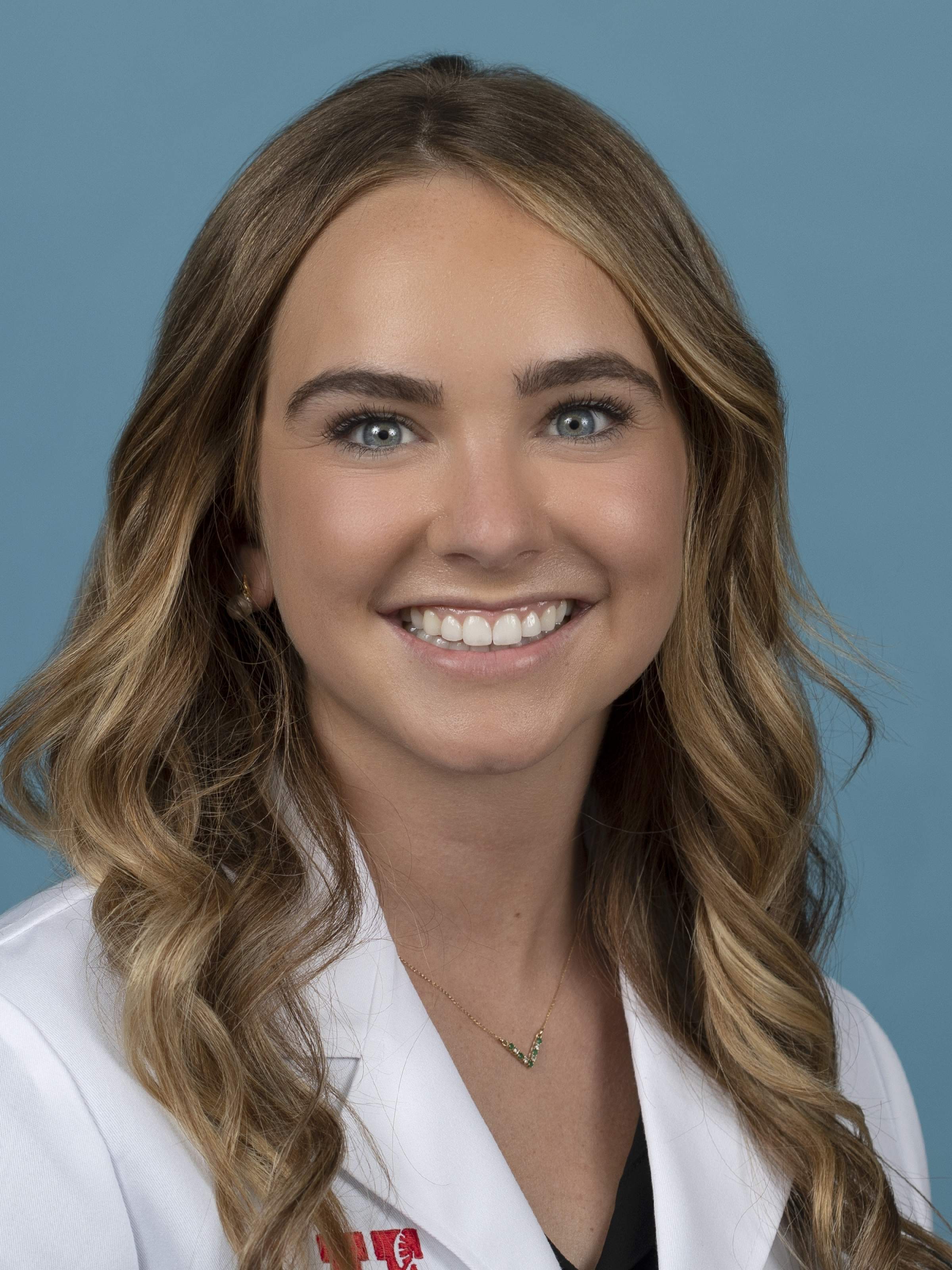
Bridget Brocksmith
Bridget Brocksmith, MS1 was selected as 1 of 2 Wyoming medical students to participate in CEE. She was placed in Jackson, WY working at St. Johns Hospital. Bridget's project focused on suicide by firearm in Teton County. She made infographics with local mental health resources and guidance for reducing risk of suicide by firearm. To accompany these infographics, Bridget also designed magnets for gun safes which include instructions for secure storage practices and the new 988 suicide hotline. These materials were placed in locations such as local gun shops, feed supply store, saddle shop, post office, and local bar in hopes of reaching a rural ranching population who may not be frequenting locations such as clinics in town.
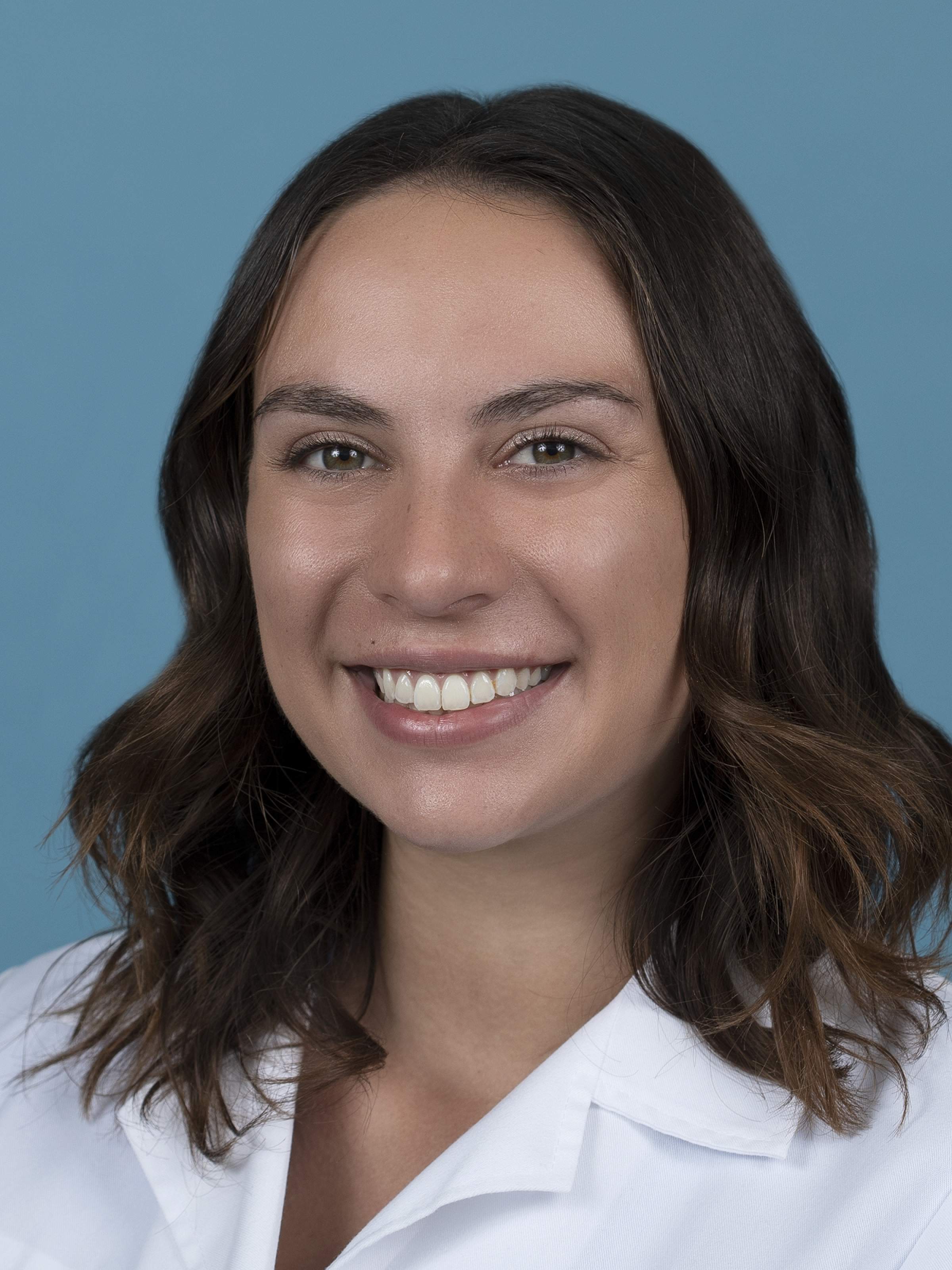
Maddie Bernardo
Madeline Bernardo, MS1 from Boise, Idaho was selected as the first Idaho medical students to participate in CEE. She was placed in Cascade, Idaho working with preceptors at Cascade Medical Center (CMC). Within Maddie's first week at CMC, it became evident that accessing fresh, affordable healthy food is quite challenging in Cascade. Maddie's community intervention was a pamphlet containing current nutritional recommendations as well as local and national resources to access and enjoy healthy food.
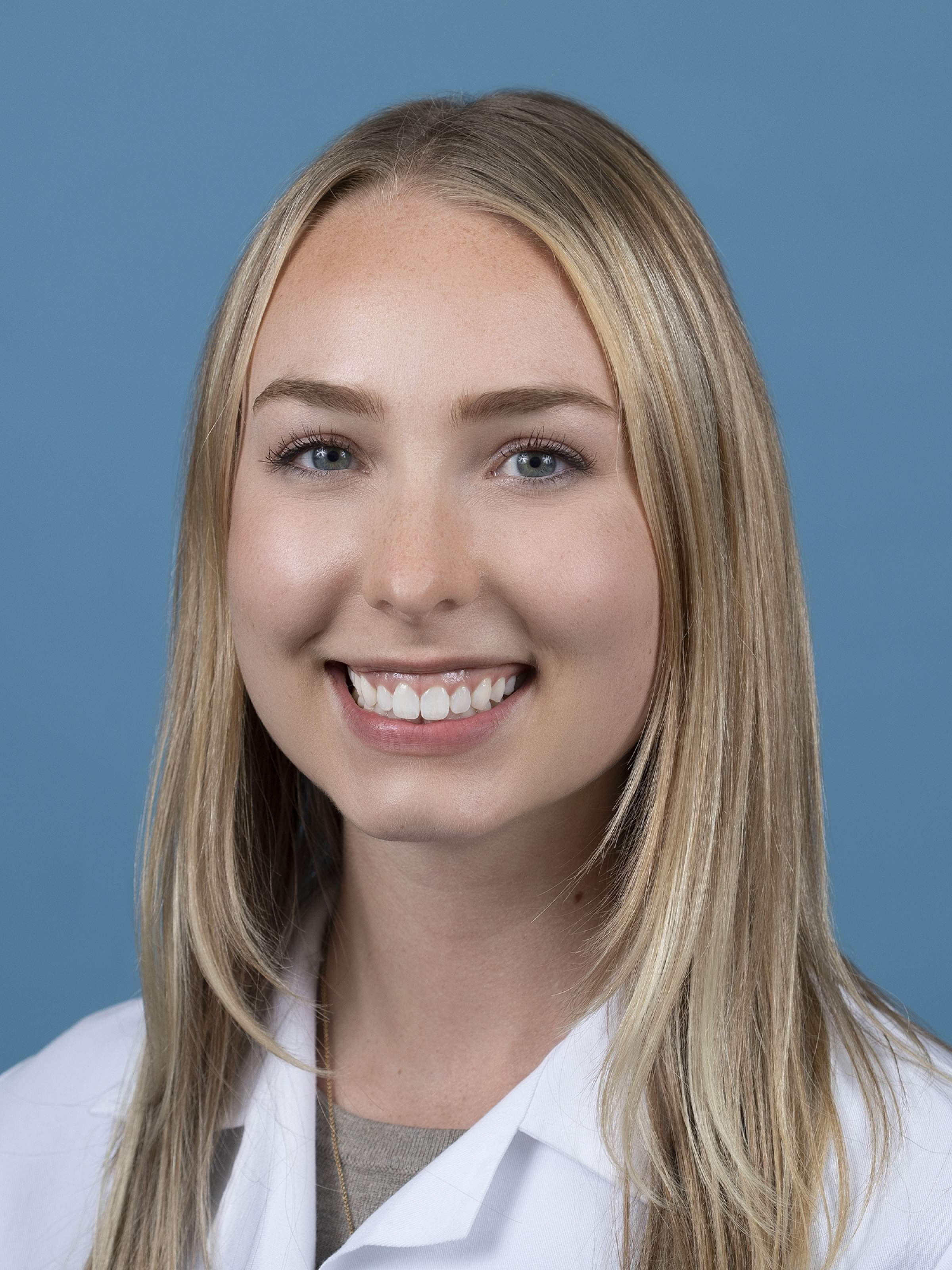
Georgia Veverka
Georgia Veverka, MS1 was selected as the first Utah medical students to participate in CEE. She was placed in Logan, Utah working at Logan Regional Hospital. Georgia's community deliverable was focused on advanced directive education supplemented with a self-reflective ‘Dignity Interviewing’ exercise. Georgia learned about patients’ hesitance to discuss advanced care/end-of-life care planning prophylactically. Many of the patients Georgia saw in Internal Medicine were being treated for a range of chronic and end-stage illnesses, but the conversation with their provider rarely addresses the patient’s wishes for their end-of-life care. After researching relevant literature on Advanced Directive Education and working with the patient population in Logan.
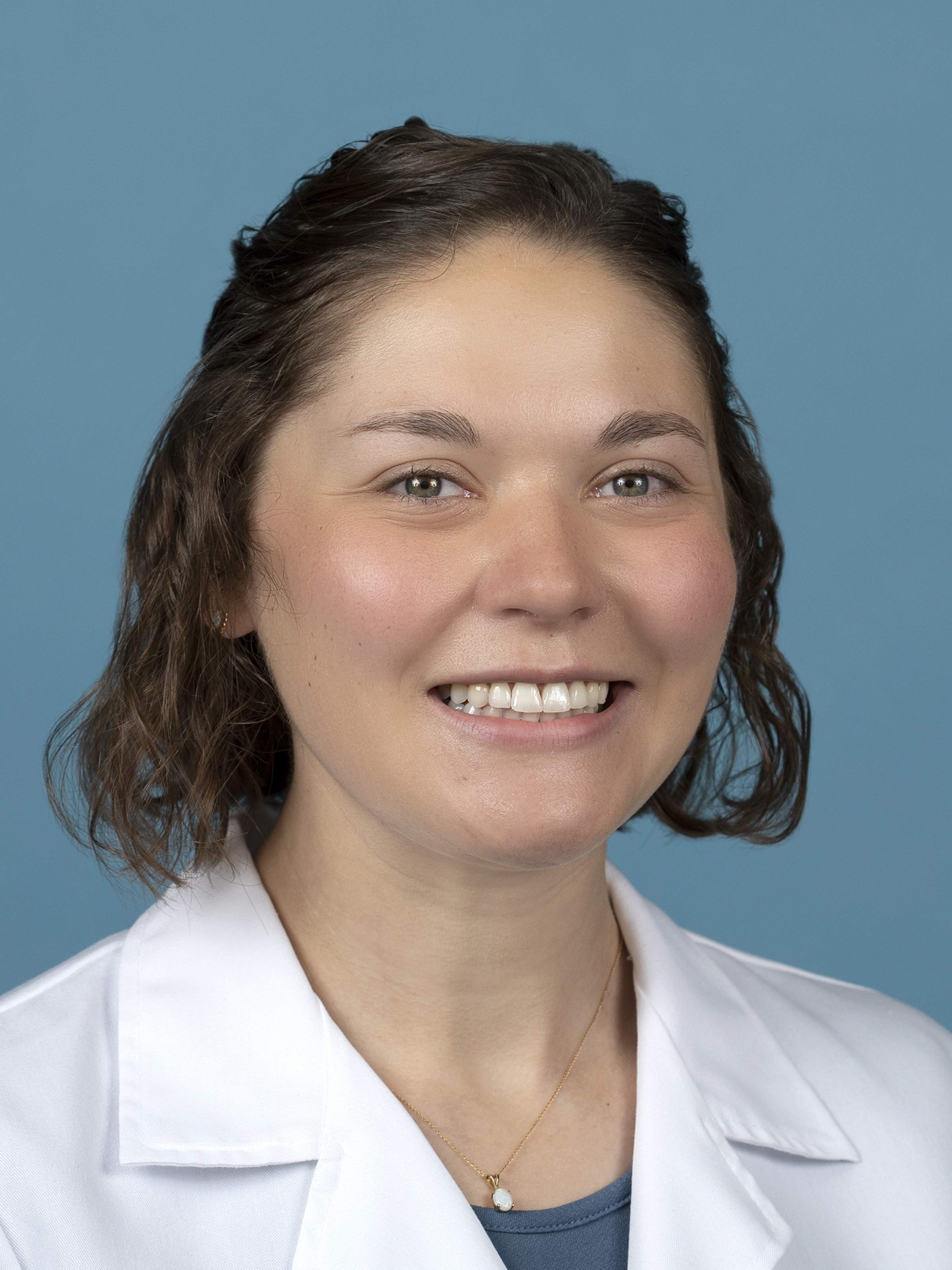
Nadia Reiher
Nadia Reiher, MS1 was selected as 1 of 2 Wyoming medical students to participate in CEE. She was placed in Jackson, WY working at St. Johns Hospital. Nadia created a poster with information about COVID infection and vaccination in pregnancy, with links to regional locations for vaccination. Nadia learned a lot about what it's like to provide care as a specialist in an underserved area. She said it was valuable to see the many roles a community provider might be expected to fill, and the challenges that come from being responsible for such a diverse patient population. Nadia ended the experience with an altered perspective of what it means to be a "rural/underserved" provider. Before, Nadia had a pretty standard view of rural locations being small, isolated towns.

Tashi Hackett
During the Community Engaged Experience (CEE) program in Teton County, Wyoming, Tashi Hackett diligently conducted research and summarized the community dynamics, highlighting its reliance on tourism and the socio-economic disparities prevalent, notably in housing affordability. In response to the identified issue of alcohol abuse, Tashi developed a plan to create informative materials like pamphlets or magnets containing the CAGE alcohol questionnaire, resources for addressing alcoholism, and guidance on recognizing signs of abuse. Motivated by personal connections and a commitment to community welfare, Tashi's initiative exemplified proactive civic engagement and a determination to alleviate the challenges faced by residents of Teton County.

Abby Hamilton
Abby Hamilton was a determined student who dedicated herself to addressing critical community needs in Evanston, Wyoming. Through meticulous research and needs assessment, Abby identified high poverty rates, food insecurity, and alarming suicide rates among adolescents in Uinta County. Fueled by compassion and a commitment to social change, Abby's project focused on suicide awareness and prevention. Her innovative approach involved creating bilingual stickers with crisis hotline resources, aiming to provide accessible support and raise awareness in key community spaces. With her proactive engagement and unwavering dedication, Abby embodied the spirit of civic responsibility, striving to make a meaningful impact in Evanston and Uinta County.

Holly Harper
Holly Harper, in her dedicated engagement with Cache County's health landscape, delved into epidemiological and demographic data, revealing mental health, poverty, and housing access as significant challenges. Identifying mental health as a critical issue, especially with concerning suicide rates, Holly embarked on a mission to address this pressing concern. Drawing from her community interactions and extensive research, Holly proposed a tangible solution: magnets or stickers promoting crisis resource awareness. Recognizing the need for accessibility and longevity, she aimed to disseminate these materials in primary care clinics, emergency departments, local libraries, and community organizations like CAPSA. By prioritizing mental health awareness and access, Holly demonstrated her unwavering commitment to improving community well-being in Logan, Utah.

Taryn Hunt-Smith
Taryn Hunt-Smith embarked on a comprehensive exploration of Moab, nestled within Utah's Grand County, delving into its epidemiological and demographic landscape to unearth critical health challenges. Through meticulous analysis, Taryn uncovered stark disparities in health outcomes, particularly concerning high rates of premature deaths, injury deaths, and suicides, as well as concerning rates of teen pregnancies. Driven by a deep commitment to community welfare, Taryn's project focused on addressing these pressing issues, aiming to investigate the primary causes of such health disparities and explore avenues for intervention. Proposing initiatives such as collaborating with Science Moab to inspire future healthcare professionals and expanding telehealth services to mitigate obstetric health disparities and combat opioid use disorder, Taryn displayed a proactive approach to tackling complex health concerns. With a keen focus on improving access to mental health resources and alleviating the financial burden of medical care, Taryn exemplified a dedication to fostering equitable healthcare access and improving overall community well-being in Moab.

Katherine Kubicka
Katherine Kubicka delved into the health landscape of Polson, Lake County, Montana, unearthing critical challenges through in-depth analysis of local health assessments. Recognizing prevalent concerns such as maternal-child health, adverse childhood experiences, and substance abuse, Katherine identified pressing needs in the community. Drawing from comprehensive demographic and epidemiological data, Katherine's project honed in on nutrition education and diabetes management as key intervention areas. Proposing a practical solution, Katherine devised a flyer to be distributed at the Polson Loaves and Fish Pantry, offering essential nutrition education and diabetes management guidance. Leveraging QR codes for personalized nutritional recommendations and diabetes-friendly recipes, Katherine aimed to empower individuals facing food insecurity and diabetes. By addressing these multifaceted health concerns and utilizing existing community resources, Katherine demonstrated a proactive approach to improving health outcomes and fostering well-being in Polson.

Madison Mclaughlin
Madison McLaughlin embarked on a thorough exploration of the health landscape in Columbia Falls, situated within Flathead County, Montana. With a keen focus on demographic and epidemiological data, Madison uncovered critical health disparities and community needs. Drawing from recent community health needs assessments, Madison identified mental health, substance use disorders, chronic diseases, and access to care as top priorities for intervention. Notably, mental health emerged as a pervasive concern, with a significant percentage of community members reporting fair/poor mental health and high rates of depression and suicide. Madison also shed light on disparities in cancer screening rates, physical exercise guidance, and obesity counseling, underscoring the need for comprehensive healthcare services. Leveraging existing resources such as integrated behavioral health programs and community organizations, Madison proposed targeted interventions to address these multifaceted health challenges. From promoting mental health awareness to enhancing access to preventive care and substance abuse treatment, Madison's project aimed to foster holistic well-being and resilience in the Columbia Falls community.

Sarina Scott
Sarina Scott conducted an in-depth exploration of Teton County, Wyoming, a stunning locale nestled in the northwestern reaches of the state. With a meticulous approach, Sarina dissected the demographic tapestry, shedding light on the community's composition and the hurdles it faces. Teton County's heavy reliance on tourism as a key economic driver, alongside its affluent populace and stark income disparities, paints a complex picture of its social landscape. Drawing from recent Community Health Needs Assessments (CHNAs), Sarina pinpointed mental health as a primary concern, worsened by scarce access to services and elevated rates of suicide and substance abuse. Embracing strengths-based methodologies, Sarina highlighted positive health metrics in Teton County, such as life expectancy and obesity rates, as potential avenues for intervention. Nonetheless, she underscored the urgent necessity for behavioral health resources, particularly for younger demographics, in light of the COVID-19 pandemic. Through collaborative efforts with local stakeholders and initiatives like the Community Health Improvement Plan (CHIP), Sarina advocated for comprehensive interventions to tackle social determinants of health, including housing, income inequality, healthcare accessibility, and food insecurity. By fostering community involvement and harnessing existing resources, Sarina envisioned a pathway towards equitable healthcare access and bolstered well-being for all denizens of Teton County.

Omar Shihab
In Omar Shihab's exploration of Logan, Utah, and the broader Cache County area, he uncovered a tapestry of health-related challenges and assets. Mental health surfaced as a critical issue affecting individuals of all ages, exacerbated by financial strains and limited access to support. Substance use and chronic diseases, often linked to lifestyle choices, further underscored the complex interplay between physical and mental wellness. Despite these hurdles, Cache County boasted favorable health rankings compared to neighboring regions, buoyed by a vibrant economy and abundant outdoor amenities. Drawing insights from collaborative efforts with stakeholders like Stokes Nature Center and Common Ground Adventures, Omar proposed a tangible intervention: an ADA-accessible hiking resource brochure. This innovative tool aims to promote outdoor engagement, particularly among vulnerable populations, leveraging the documented health benefits of nature. With strategic distribution in key locales frequented by individuals with disabilities and older adults, Omar seeks to foster community participation and empowerment. Grounded in meticulous planning and a dedication to inclusivity, Omar's initiative exemplifies proactive measures to address health disparities and enhance well-being across Cache County.

Christina Sossenheimer
Christina Sossenheimer, brought her passion for addressing health disparities to her project focused on San Juan County, Utah. With a background in public health, Christina recognized the unique challenges faced by rural communities like Monticello and the broader county area. Through her comprehensive community assessment, she identified key areas for intervention, particularly in the realm of nutrition education. Drawing on her research and insights from local stakeholders, Christina aimed to develop accessible resources, including brochures and posters, to educate residents about balanced diets and diabetes management, crucial issues given the county's higher rates of diabetes and food insecurity. Her proactive approach underscored her commitment to empowering communities and improving health outcomes for all residents of San Juan County.

Vincent Vigorita
Vincent Vigorita, with a keen focus on community health and well-being, embarked on a project in Moab, Utah, aiming to address pressing healthcare needs, particularly in mental health and substance use disorder (SUD). Through meticulous research and interviews with community leaders, Vincent identified significant challenges, including high rates of alcohol use and suicide, coupled with limited access to mental health resources. Recognizing the importance of bridging the gap between available resources and community needs, Vincent's project seeks to provide tangible support for individuals transitioning out of treatment or incarceration, with plans to develop a resource map highlighting available support services. His dedication to improving healthcare access and support networks underscores his commitment to enhancing the quality of life for residents in rural communities like Moab.

Antoinette Vreeke
Antoinette Vreeke, driven by a deep commitment to addressing mental health challenges in Price, Utah, embarked on a comprehensive project aimed at raising awareness and providing resources to combat depression and suicide completions, particularly among men in the community. Through meticulous research and interviews, Antoinette identified a significant gap in mental health services, compounded by societal barriers such as pride and self-reliance. Recognizing the urgent need for targeted intervention, she developed a double-sided tri-fold pamphlet containing vital information on mental health resources, statistics, and a compelling call to action. Antoinette's project not only seeks to destigmatize seeking help but also emphasizes the importance of mental well-being from a young age. With distribution planned at key community locations including healthcare facilities and local businesses, Antoinette's initiative aims to empower individuals to prioritize their mental health and seek support when needed, ultimately fostering a healthier and more resilient community in Price, Utah.

Delaney Wagers
Delaney Wagers focused on unraveling the healthcare intricacies of Cascade, Idaho. Armed with an astute observational prowess and an empathetic demeanor, Delaney meticulously scrutinized the town's demographic tapestry and healthcare framework. Despite Cascade's idyllic allure and vibrant communal ethos, Delaney unearthed notable gaps in preventive healthcare and sexual education. Undeterred by these revelations, she resolved to catalyze change. With resolute determination, Delaney meticulously crafted an exhaustive pamphlet destined for the Cascade Medical Center, aimed at shedding light on the significance of HPV vaccination, cervical cancer awareness, and STI/STD prevention. Drawing inspiration from Cascade's resilience and adaptability, Delaney's intervention seeks to empower residents with knowledge, dispel myths, and cultivate a culture of proactive healthcare engagement. Through her relentless endeavors, Delaney aspires to forge a path toward a healthier, more enlightened community where preventive healthcare takes precedence and every individual's well-being is nurtured.
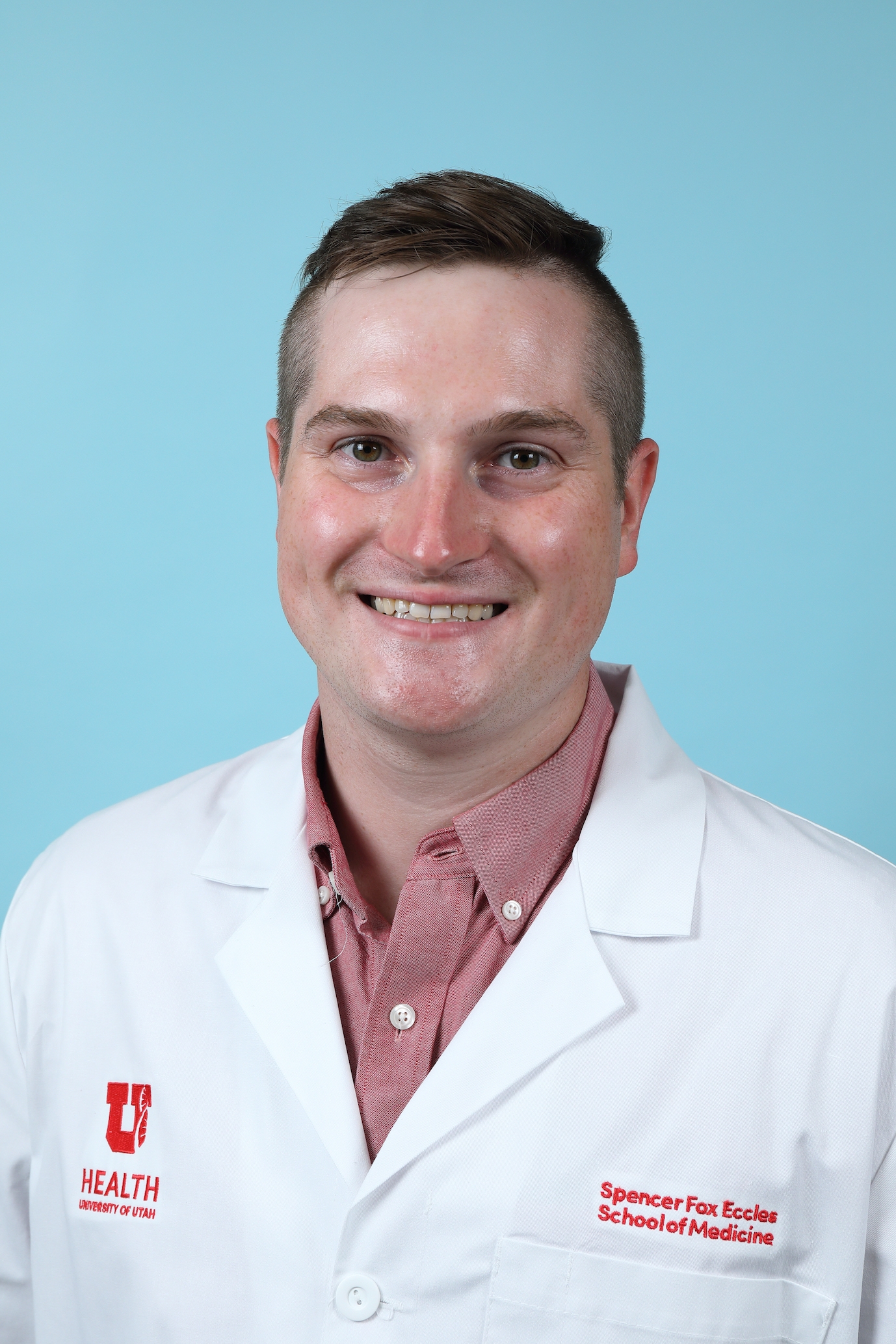
Izak Walker
In Gunnison, Utah, Izak Walker embarked on a journey of community enlightenment. Through meticulous research and interviews, Izak identified mental health as a pressing issue. Thus, Izak's deliverable—a concise pamphlet of mental health resources for older adults—aims to destigmatize, inform, and empower. By distributing these pamphlets across clinics and senior centers, Izak endeavors to spark dialogue, normalize mental health discourse, and promote proactive care. With empathy and dedication, Izak's initiative embodies grassroots advocacy's transformative potential in fostering healthier communities.

Jared Badger
Site: Polson, MT

Taylor Boyd
Site: Moab, Utah

Evan Kirk
Site: Lander, Wy

Rachel Pernick
Site: Cascade, ID

Mason Rogers
Site: Logan, UT
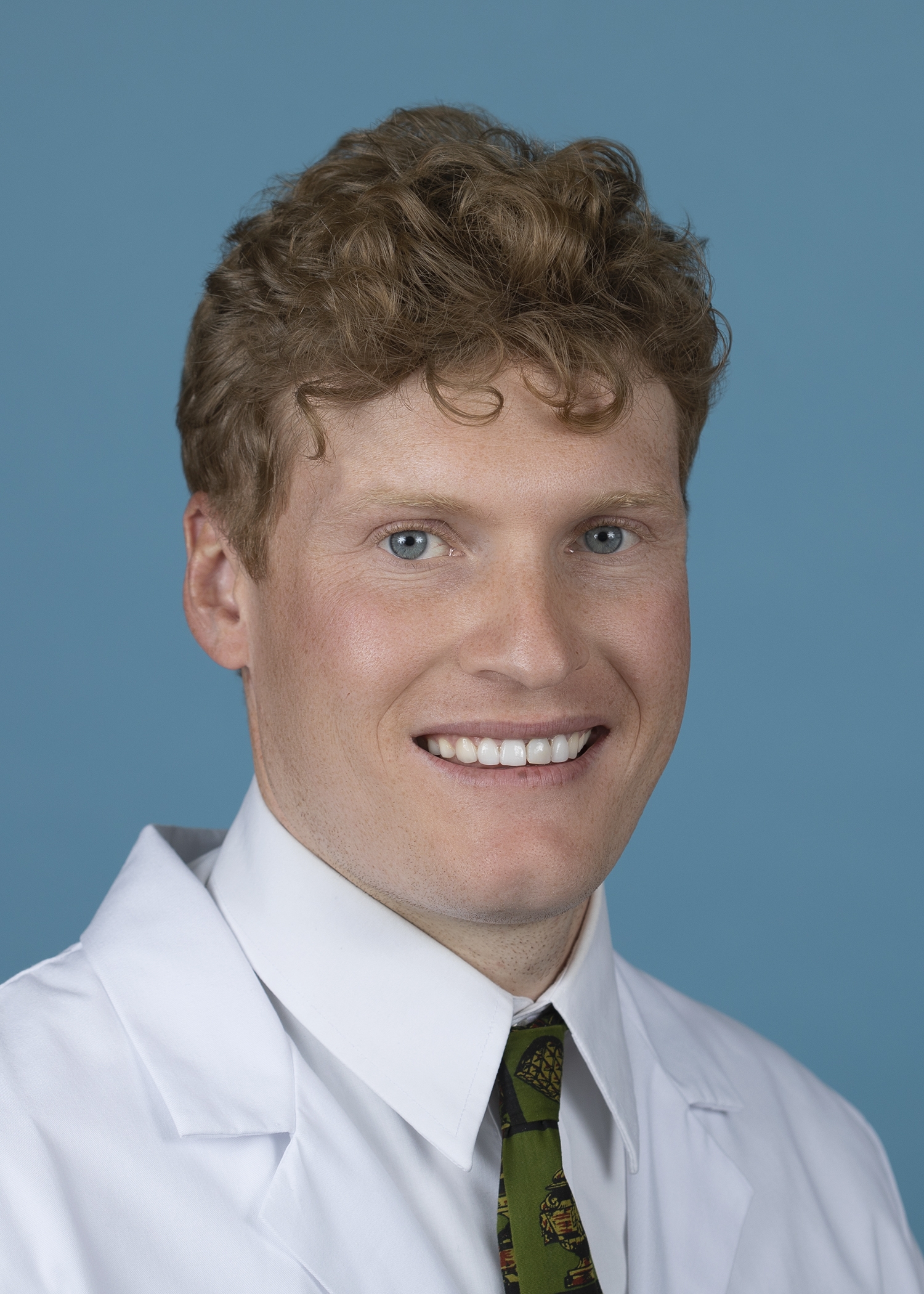
Jordan Tucker
Site: Blanding, UT
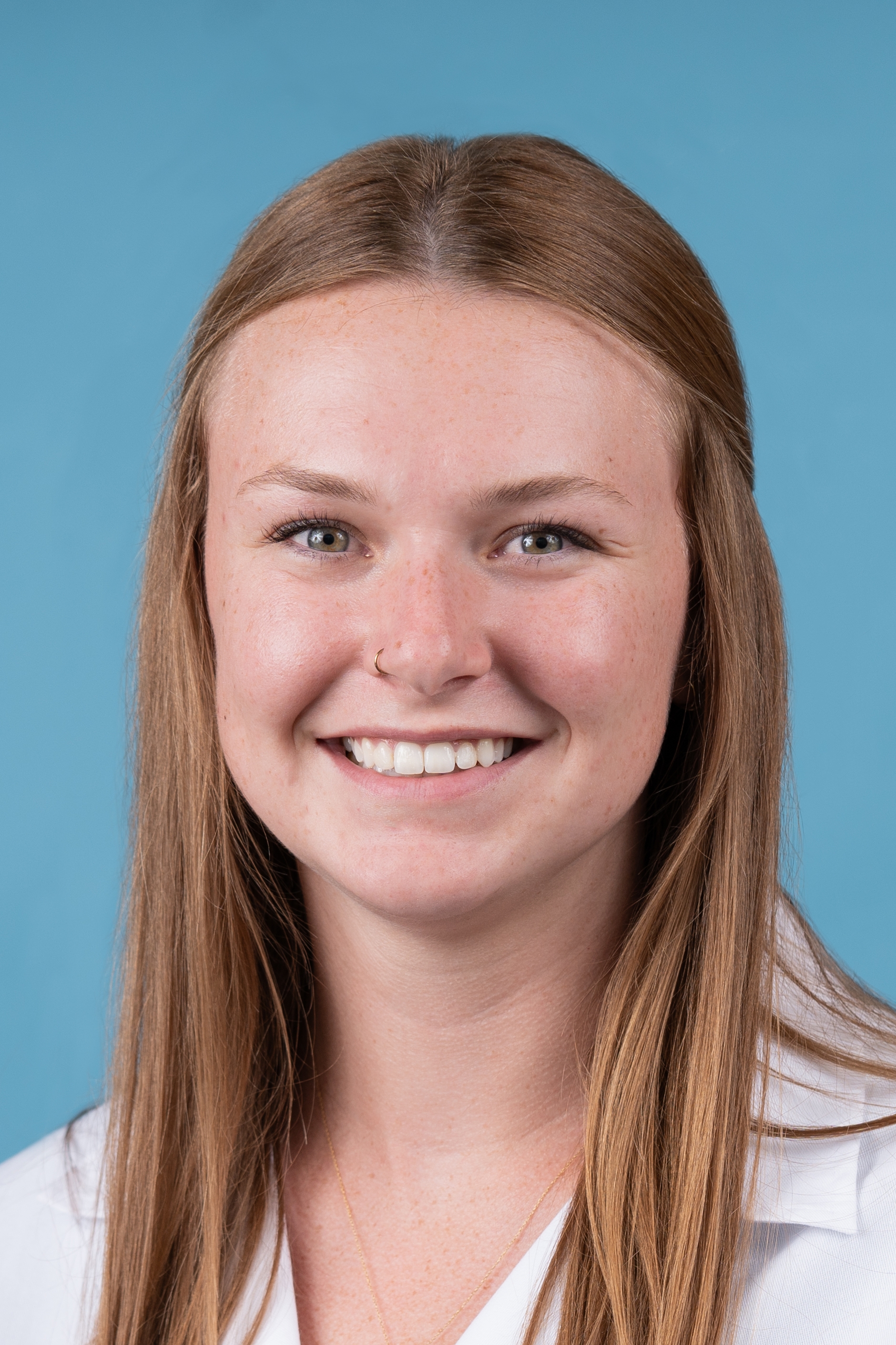
Mack Tveit
Site: Jackson, WY

Jayme Warner
Site: Logan, UT